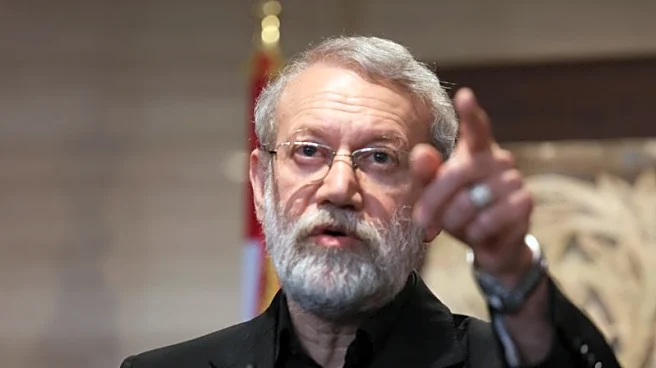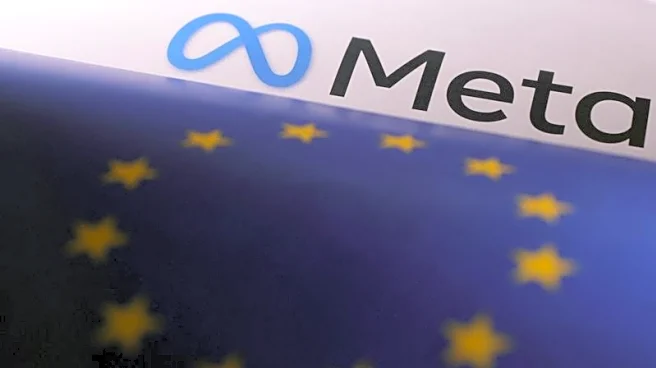Rapid Read • 8 min read
Tesla is planning a significant expansion of its robotaxi service, with CEO Elon Musk announcing that 50% of the U.S. population could have access to Tesla's robotaxis by the end of 2025. This ambitious plan was revealed during a recent earnings call, where Musk also discussed the company's ongoing testing of its Full Self-Driving (FSD) feature in Europe and China. Despite facing regulatory challenges and safety concerns, Tesla is determined to push forward with its autonomous vehicle technology. The company is currently operating robotaxis in Austin, Texas, where safety monitors are present in the vehicles. However, Tesla has yet to secure many of the necessary permits to launch a robotaxi business in California. Musk acknowledged that regulatory approvals could pose obstacles but remains optimistic about the rollout.
AD
The expansion of Tesla's robotaxi service could have significant implications for the U.S. transportation industry, potentially transforming urban mobility and reducing reliance on personal vehicle ownership. If successful, Tesla's robotaxis could offer a more sustainable and efficient alternative to traditional ride-hailing services. However, the rollout also raises concerns about safety and regulatory compliance, as autonomous vehicles have been involved in various incidents. The success of Tesla's plan could influence public policy and regulatory frameworks surrounding autonomous vehicles, impacting other companies in the sector. Additionally, the technological advancements required for this expansion could drive further innovation in the automotive industry.
Tesla's next steps involve securing the necessary regulatory approvals and addressing safety concerns to ensure a smooth rollout of its robotaxi service. The company will need to navigate varying state regulations and potential liability issues associated with autonomous vehicles. As Tesla continues to develop its FSD technology, it will also need to address hardware compatibility for existing Tesla owners, as older models may require costly upgrades to support unsupervised driving. The company's progress in these areas will be closely watched by industry stakeholders and could set a precedent for future autonomous vehicle deployments.
The ethical and legal implications of widespread autonomous vehicle deployment are significant. Questions about liability in the event of accidents, data privacy, and the impact on employment in the transportation sector are likely to arise. Additionally, the environmental benefits of reduced vehicle emissions must be weighed against the energy consumption of producing and operating autonomous vehicles. As Tesla pushes forward with its robotaxi plans, these broader societal issues will need to be addressed to ensure a responsible and equitable transition to autonomous transportation.
AD
More Stories You Might Enjoy












